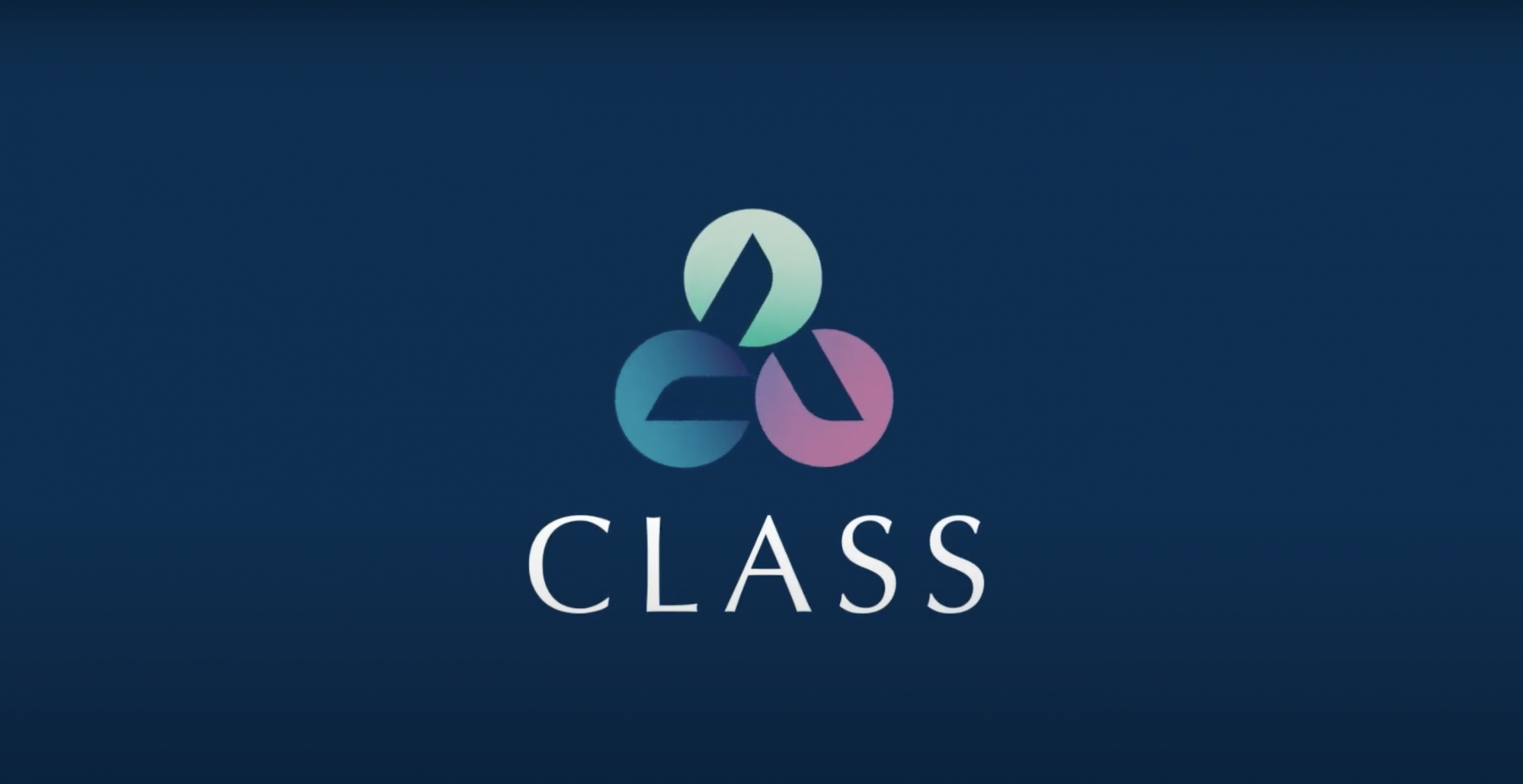
What’s New in NowInfinity
May 20, 2025
At NowInfinity, we’re committed to streamlining corporate compliance and trust administration for practices of all sizes. Our latest product updates continue to deliver on this promise—empowering users with new features, automation enhancements, and deeper platform integration.



